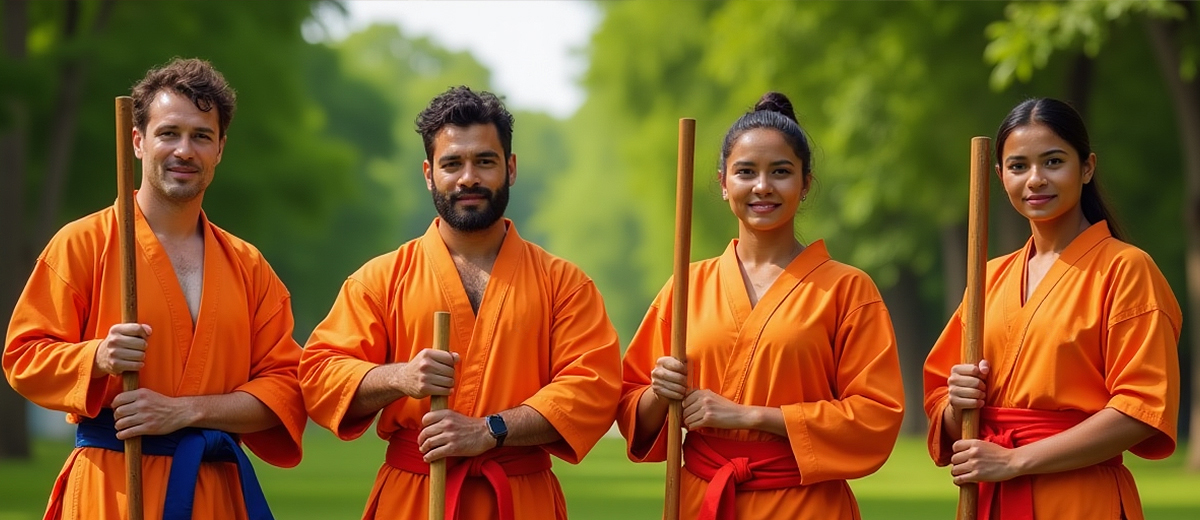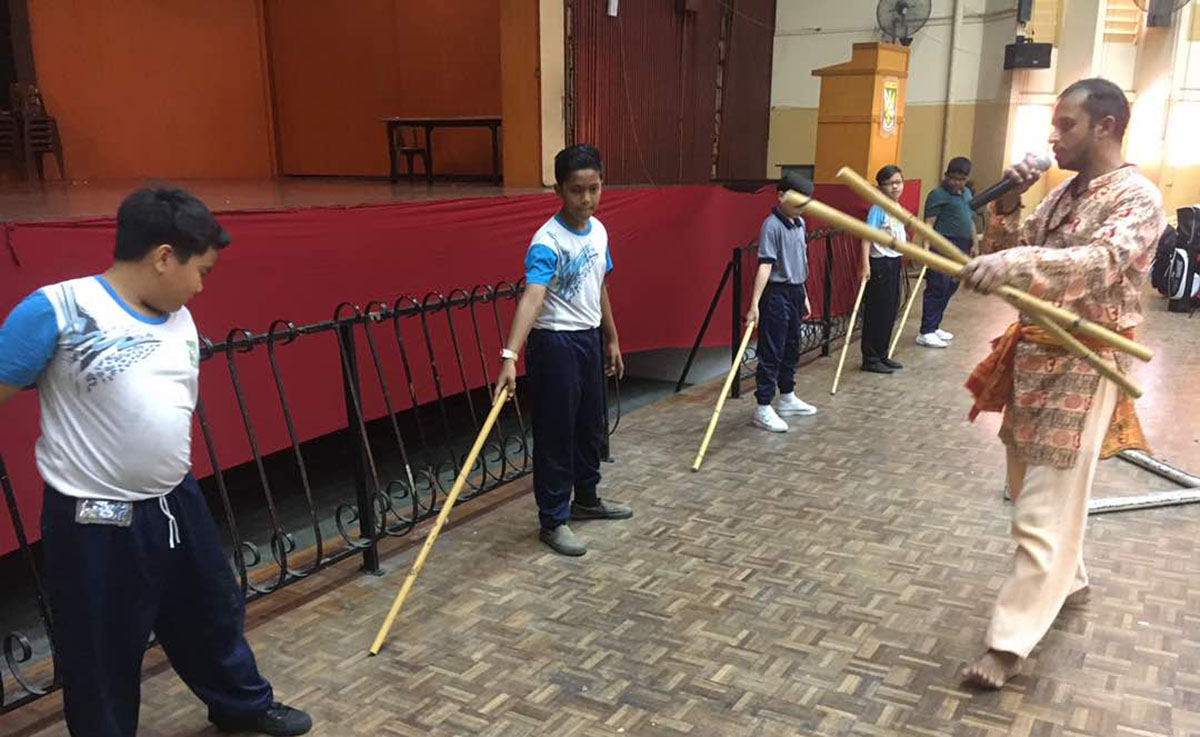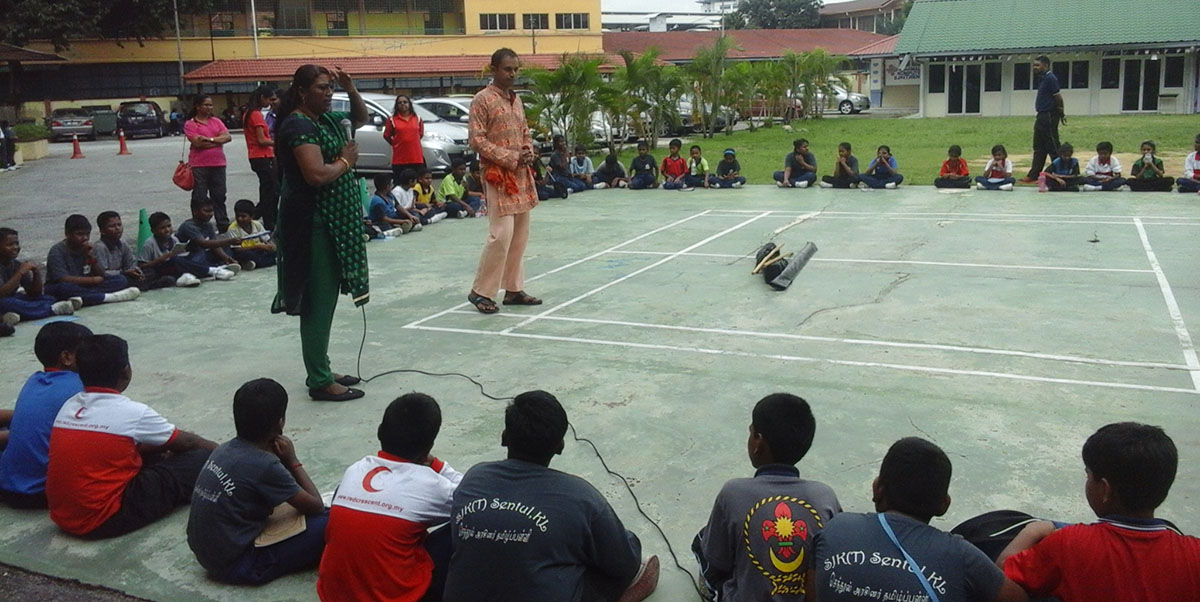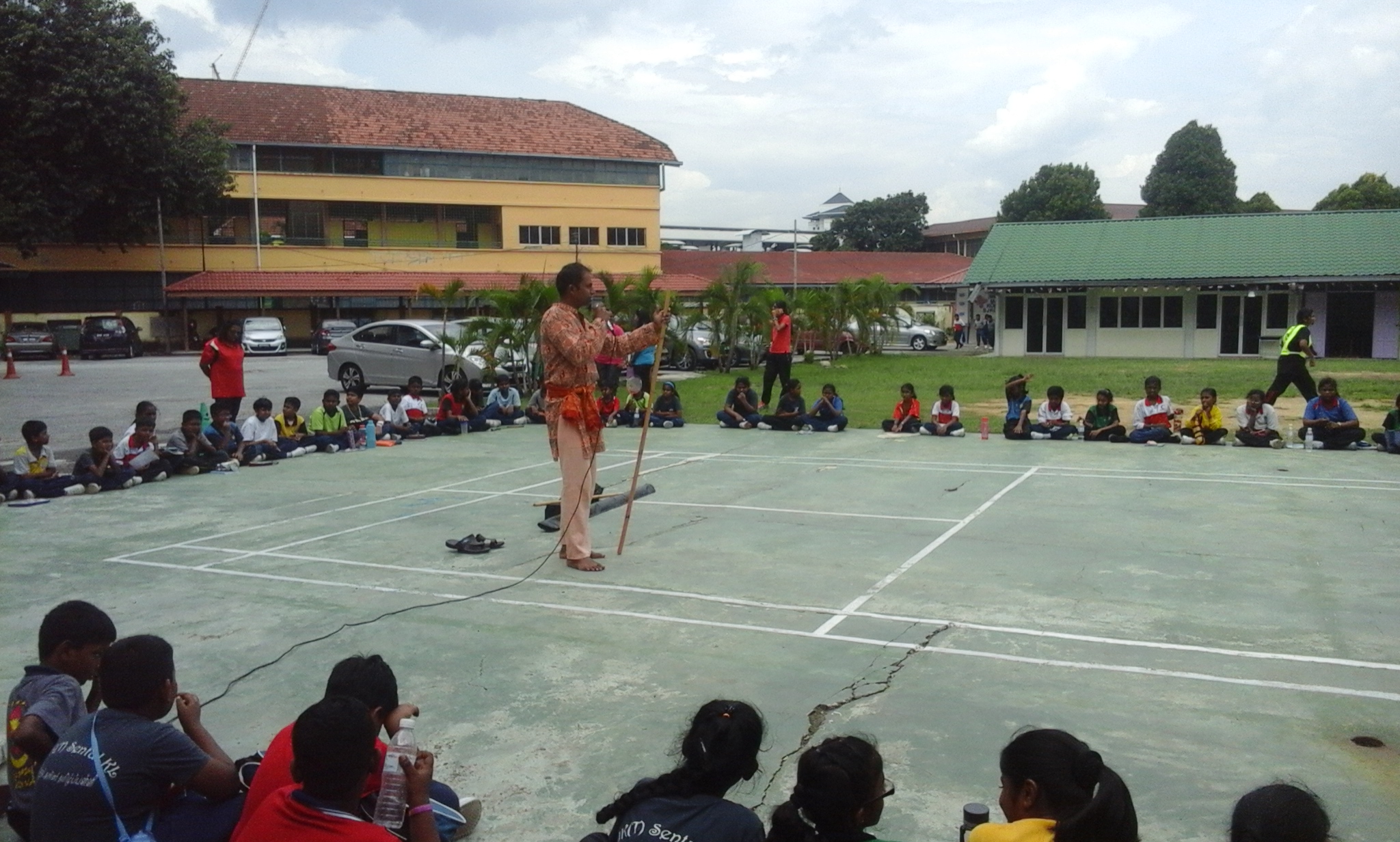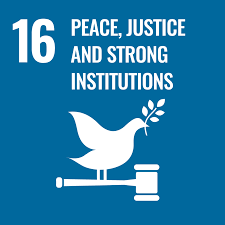World Silambam Day
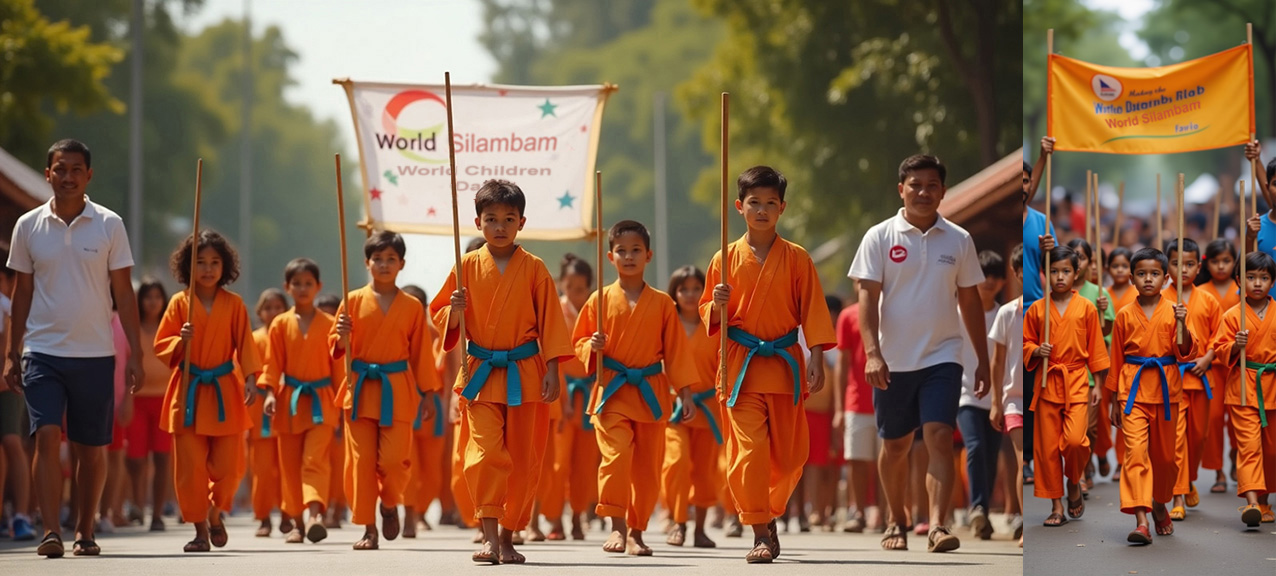
World Silambam Day is observed annually on 22 November (22.11), aligning with the Tamil month of Karthigai (கார்த்திகை மாதம்) (mid-October to end-November). This date commemorates the birth month of Lord Murugan—also known as Skanda or Kartikeya—who is revered as the progenitor of Silambam. According to tradition, Murugan imparted the art of Silambam to Sage Agastya, leading him to compile three texts on palm leaves, including the Kampu Sutra (Staff Classic), which documents advanced fighting theories in verse. This observance honors the origins and cultural significance of Silambam, promoting its heritage and Indian martial excellence.
Festival Week
The World Silambam Festival Week takes place from 18 to 24 November, providing a dedicated period for celebrations, events, and global participation. This week-long festival offers individuals and organizations a great opportunity to host workshops, competitions, demonstrations, cultural performances, and awareness campaigns, helping to spread the essence of Silambam across the world.
Join the Global Movement of Silambam Enthusiasts!
World Silambam Day is a global initiative dedicated to celebrating the ancient martial art of Silambam. Recognized for its deep cultural heritage, discipline, and physical prowess, Silambam unites practitioners, athletes, and enthusiasts worldwide. This is your opportunity to be part of a movement that fosters unity, tradition, and the empowerment of future generations through this incredible Indian martial art.
Why Participate?
✔ Be part of a global movement that elevates Silambam on the world stage.
✔ Inspire and encourage youth and children to engage in this historical martial art.
✔ Organize grand events in your region to showcase Silambam’s legacy.
✔ Gain official recognition and networking opportunities with other Silambam communities worldwide.
✔ Receive an Official Certificate of Participation to acknowledge your contribution.
Encouraging Grand Celebrations!
We urge all Silambam communities and organizations to organize large-scale events that attract more children and youth into the art. Whether it’s a Silambam workshop, demonstration, competition, cultural performance, or awareness campaign, every event contributes to strengthening the Silambam fraternity globally.
Let’s make World Silambam Day a grand celebration that inspires generations to embrace this Indian traditional martial art! Register today and be a part of history!

